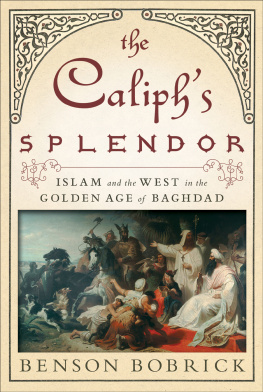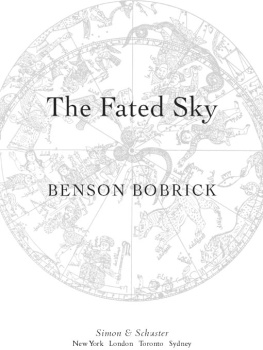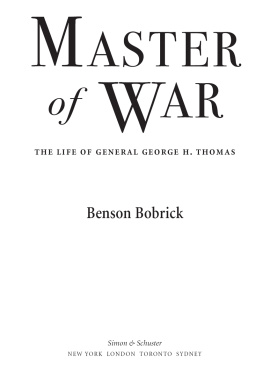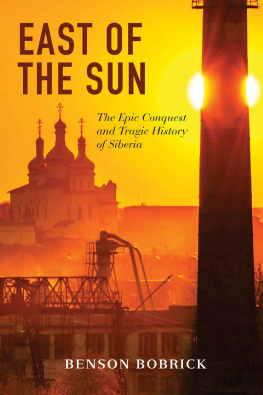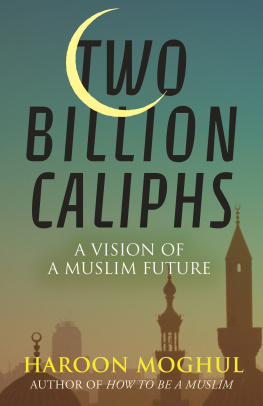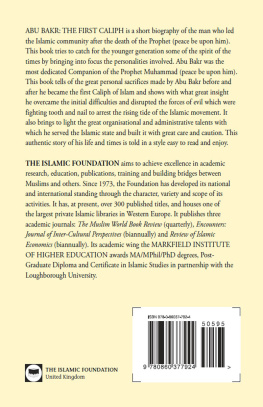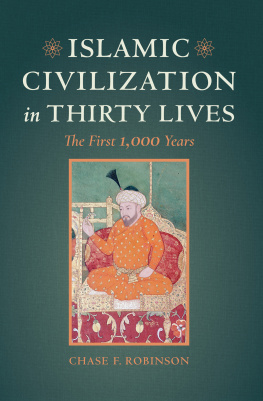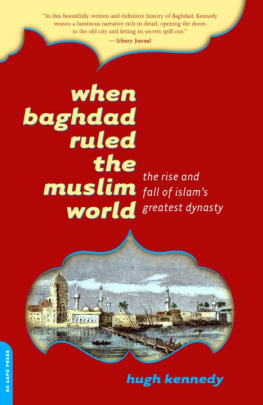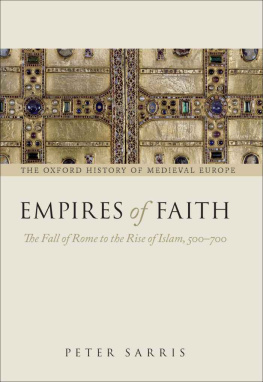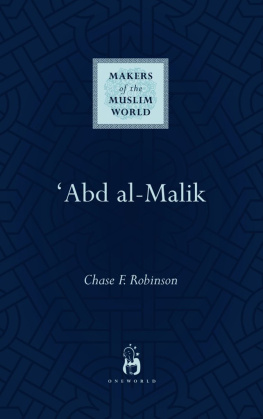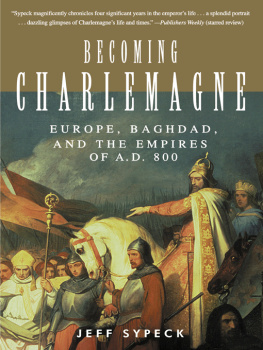ALSO BY BENSON BOBRICK

Master of War: The Life of General George H. Thomas
The Fated Sky: Astrology in History
Testament: A Soldiers Story of the Civil War
Wide as the Waters: The Story of the English Bible and the Revolution It Inspired
Angel in the Whirlwind: The Triumph of the American Revolution
Knotted Tongues: Stuttering in History and the Quest for a Cure
East of the Sun: The Epic Conquest and Tragic History of Siberia
Fearful Majesty: The Life and Reign of Ivan the Terrible
Labyrinths of Iron: Subways in History, Myth, Art, Technology, and War
Parsons Brinckerhoff: The First Hundred Years
Thank you for purchasing this Simon & Schuster eBook.
Sign up for our newsletter and receive special offers, access to bonus content, and info on the latest new releases and other great eBooks from Simon & Schuster and Simon & Schuster.
C LICK H ERE T O S IGN U P
or visit us online to sign up at
eBookNews.SimonandSchuster.com
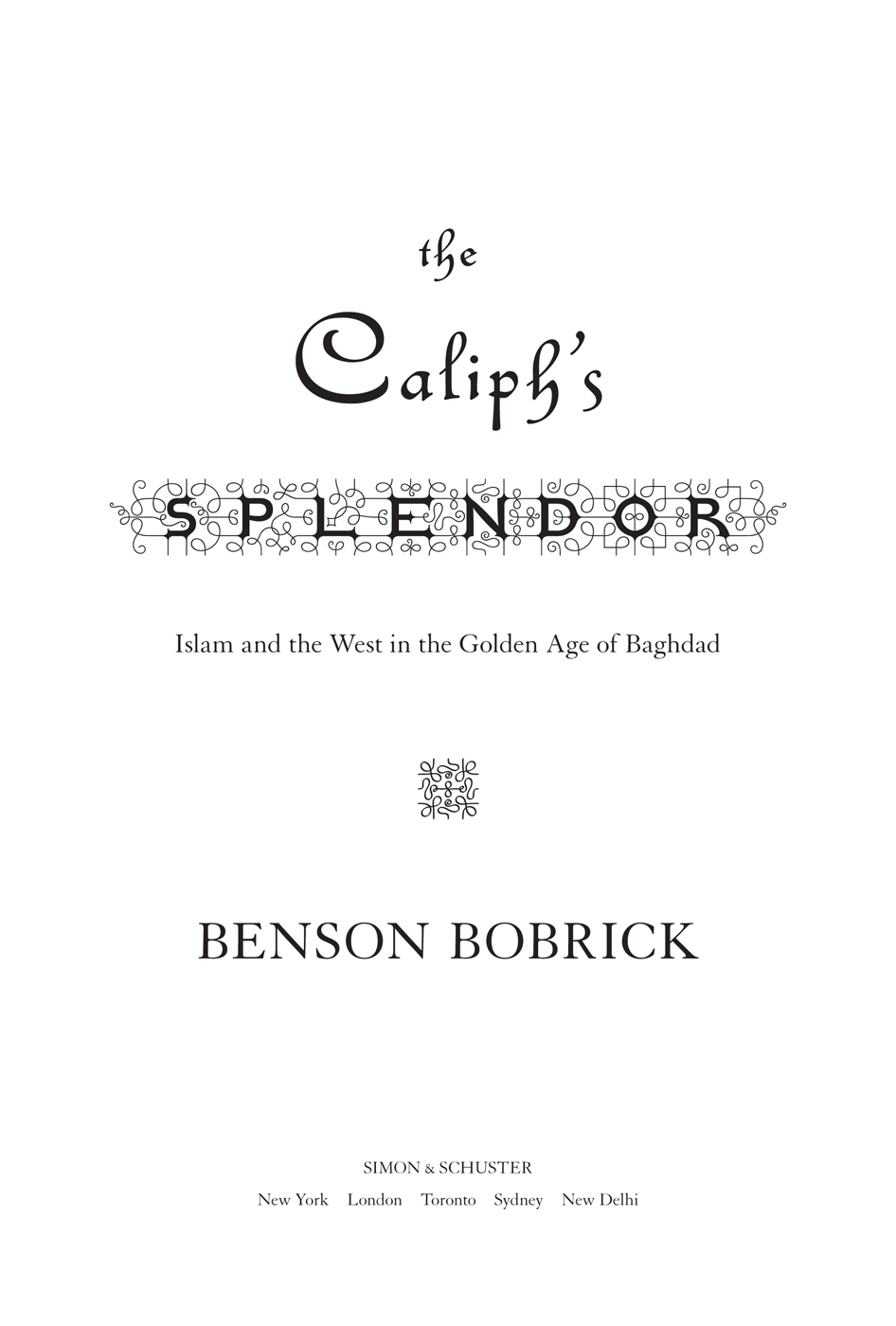
To my agent, Russell Galen
and
My longtime editor, Bob Bender
Twin pillars of support for my writing over the years.
CONTENTS


ca. 1700 B.C.
Approximate time of the patriarch Abraham and his son Ishmael, whom Jews and Arabs alike regard as the progenitors of their race
ca. 853 B.C.
An Assyrian inscription marks the first material record of the Arabs in history
70 A.D.
Roman capture of Jerusalem
330 A.D.
Foundation of Constantinople
527628 A.D.
Intermittent war between the Persians and the Byzantines
ca. 570 A.D.
Birth of Muhammad
622 A.D.
The Hegira, the flight of Muhammad from Mecca to Medina, marking the beginning of the Islamic era
630 A.D.
Muhammad and his followers take Mecca
632 A.D.
Death of Muhammad. Abu Bakr chosen as first caliph.
633647 A.D.
Arabs conquer Syria, Iraq, Persia, North Africa, and Egypt
661 A.D.
Ali, the fourth caliph, assassinated at Kufa; Umayyad Caliphate begins
680 A.D.
Massacre at Karbala
691694 A.D.
Construction of the Dome of the Rock in Jerusalem
710 A.D.
Westernmost India becomes the eastern frontier of Islam
711 A.D.
Muslims cross the Strait of Gibraltar into Spain
732 A.D.
The Arab invasion of France is checked by Charles Martel at Poitiers
742 A.D.
Charlemagne born at Aachen
750 A.D.
Foundation of the Abbasid Caliphate. Accession of Saffah.
754 A.D.
Accession of Mansur
756 A.D.
Independent Emirate of Cordova established
762 A.D.
Foundation of Baghdad
763 A.D.
Birth of Harun al-Rashid
775 A.D.
Accession of Mahdi
778 A.D.
Charlemagne leads expedition into Spain
780 A.D.
Death of Byzantine Emperor Leo IV. Constantine VI, still a child, nominally succeeds. His mother Irene takes charge as regent.
785 A.D.
Accession of Hadi
786 A.D.
Accession of Harun al-Rashid
797 A.D.
Constantine VI deposed. Irene becomes empress.
800 A.D.
Charlemagne crowned Holy Roman Emperor in Rome
802 A.D.
Irene deposed. Nicephorus crowned.
803 A.D.
Fall of the Barmaks
809 A.D.
Death of Harun al-Rashid. Accession of Amin. Civil war.
813 A.D.
Death of Amin. Accession of Mamun.
814 A.D.
Death of Charlemagne
827 A.D.
Muslim conquest of Sicily begins
833 A.D.
Death of Mamun
929 A.D.
Ahd al-Rahman III of Spain adopts title of Caliph
1000 A.D.
Mahmud of Ghazna invades northern India
1061 A.D.
Normans take Messina in Sicily
1085 A.D.
Christians take Toledo, Spain
1099 A.D.
Crusaders occupy Jerusalem
1187 A.D.
Saladin defeats the Crusaders and recaptures Jerusalem
1258 A.D.
Baghdad overwhelmed and destroyed by the Mongols. End of the Caliphate.
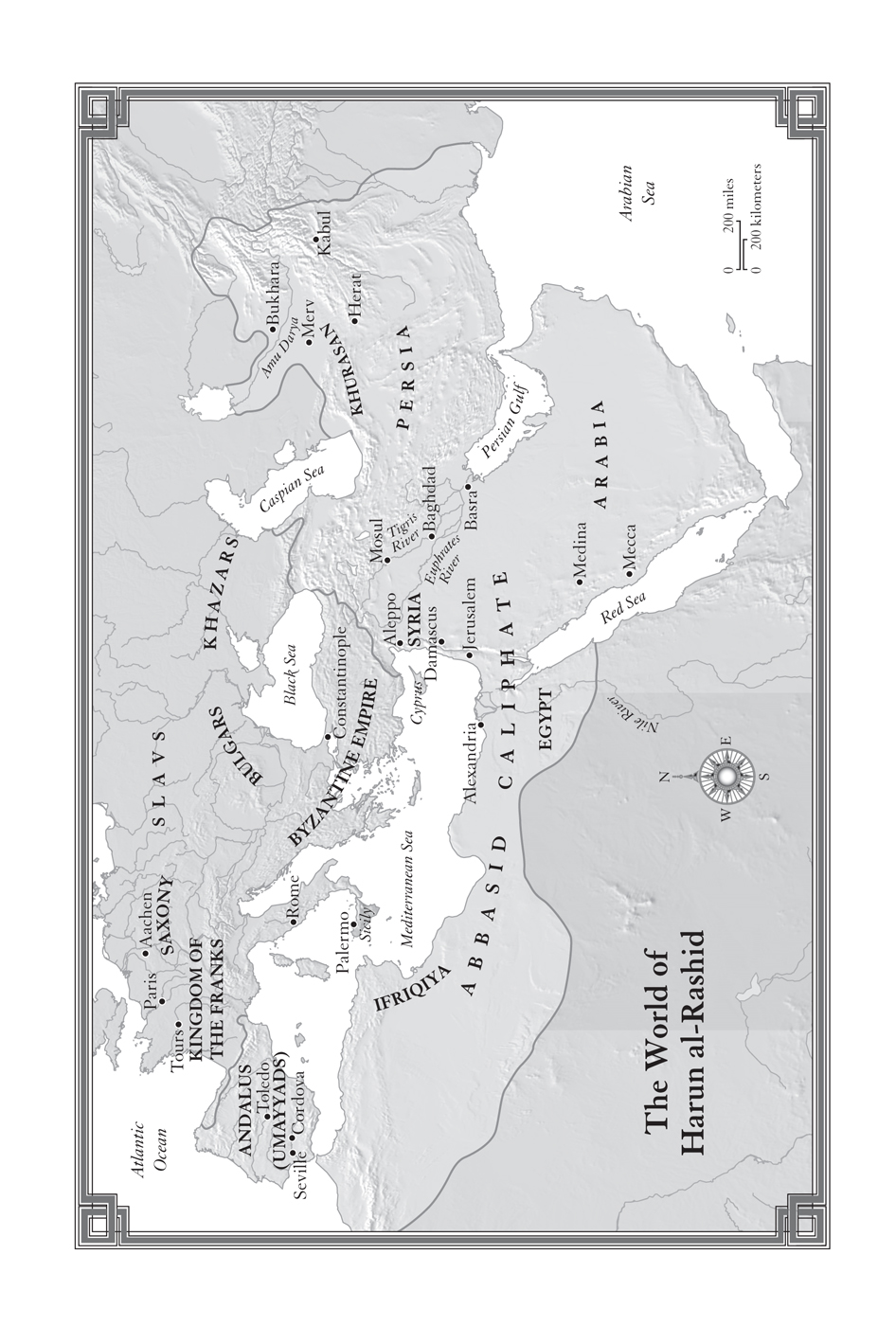

We can compare our course across the world to the progress of the sun across the heavens.
Masudi, The Meadows of Gold

MINARET AND TOWER
O n the twenty-first of March 630, the Byzantine Emperor Heraclius entered Jerusalem by its Golden Gate at the head of his legions to set up the True Cross of Christ, which he had just recaptured from the Persians in one of his great Persian wars. Dressed in humble garb, he dismounted not far from the Church of the Holy Sepulchre, and went the rest of the way on foot. Thousands of weeping Christians, overcome with elation, parted before him and carpets scented with aromatic herbs were strewn across his path. An indescribable joy, wrote one Byzantine court poet, seized the entire Universe. Yet even as it was taking place, in one of the strangest coincidences of history, word came that an imperial outpost beyond the Jordan River had just been assailed by a small Arab band. The emperor paid little heed. Within a few years, however, Palestine and many other provinces would be torn forever from Roman rule, the Persian Empire shattered, and a new faith and people would arise to control the worlds stage. In 636, just six years after Heraclius shrugged off this first Arab attack, his own vast legions would be crushed by the forces of Omar, second caliph from the Prophet, on the banks of the Yarmuk River in Syria.
Ever since that day, the forces of the Near and Middle East have had a deep, silent disdain for the thunderings of Christian power.
THE RISE OF ISLAM IS OFTEN DEPICTED AS HAVING TAKEN place in a primitive community of desert Arabs, who tended their flocks when not raiding caravans or engaged in tribal feuds. After their conversion to Islam, these tribes banded together and, upon the death of their Prophet (so the story goes), folded up their tents and swarmed out of the desert to spread his new doctrine to the world. Almost overnight they began to demonstrate a marked degree of culture and became an invincible military machine.
That strange picture, still popular in the West, is at once both too pathetic and high-flown. Islam had its cradle in an area where advanced civilizationsEgyptian, Babylonian, Persian, and Byzantinehad thrived since ancient times. Arabia lay on their outskirts, but in succession or combination all had irrigated its psychic soil. Cuneiform tablets record large Arab armies complete with infantry, cavalry, and chariots as early as 853 B.C. And the oral tradition of Arabic poetry is resplendent with heroic lays that tell of mighty battles, the dreams of love, and the oases of paradise. Empires rose and fell, and by the seventh century A.D., those large Arab armies and the kingdoms they served had long since dispersed. But the region remained in dynamic transition, where the vibrant streams of faith and culture converged.
The Prophet Muhammad sprang from its soil.
Born ca. A.D. 570 at Mecca in Arabia on the shores of the Red Sea, Muhammad was the son of a merchant and belonged to the elite Arab tribe of the Koraish. Orphaned early, he was raised by in-laws, married a wealthy merchants widow (much older than himself), had four daughters and two sons, and embarked, in the footsteps of his father, on a business career.
Next page
